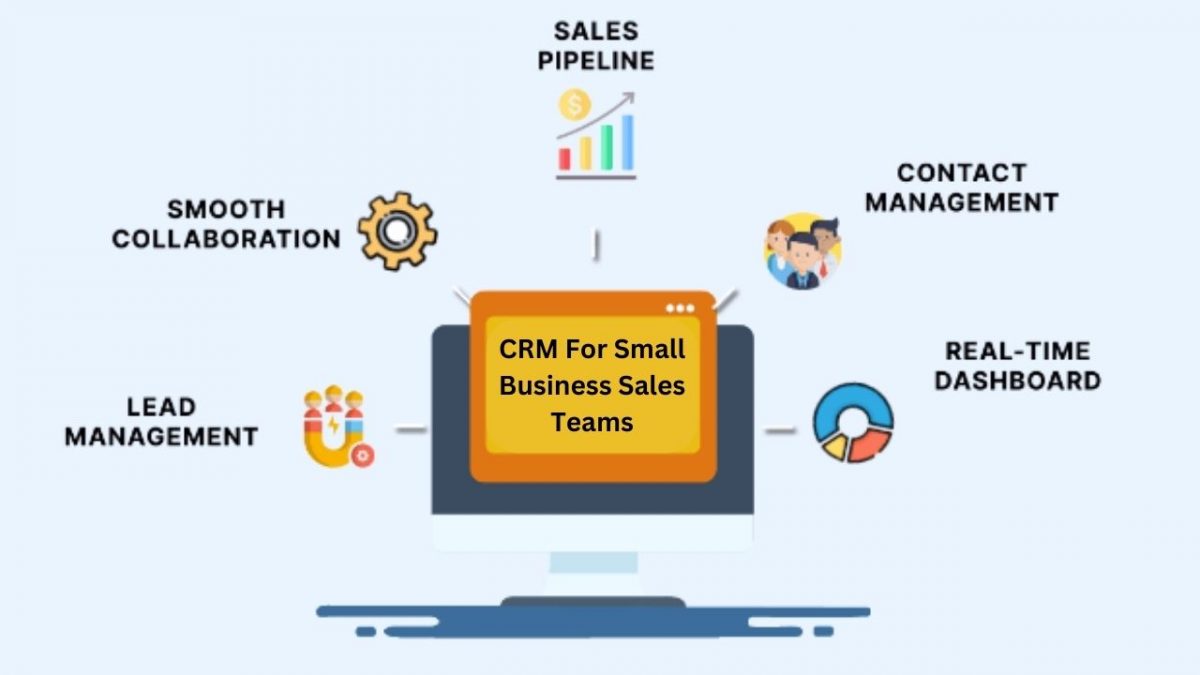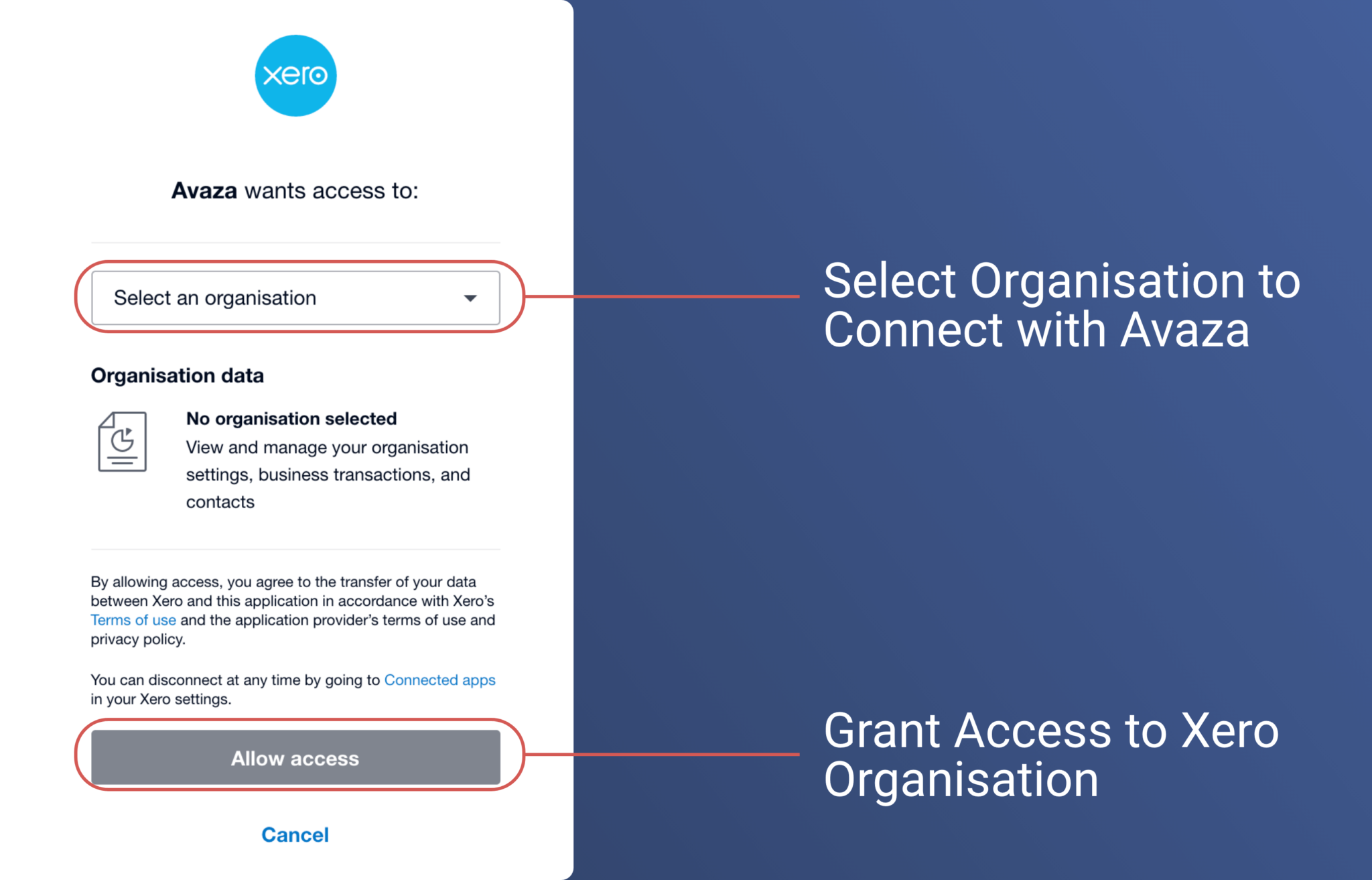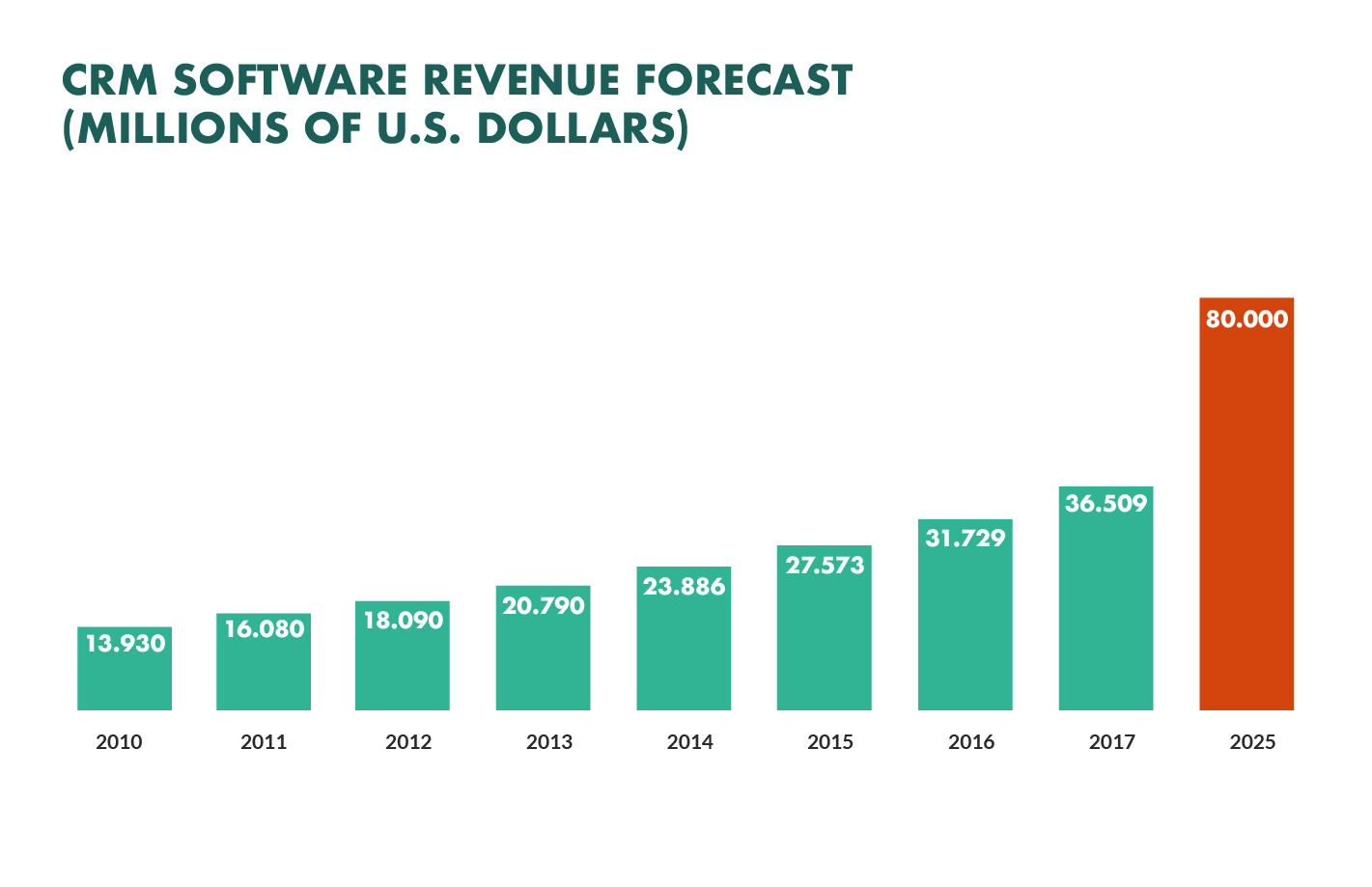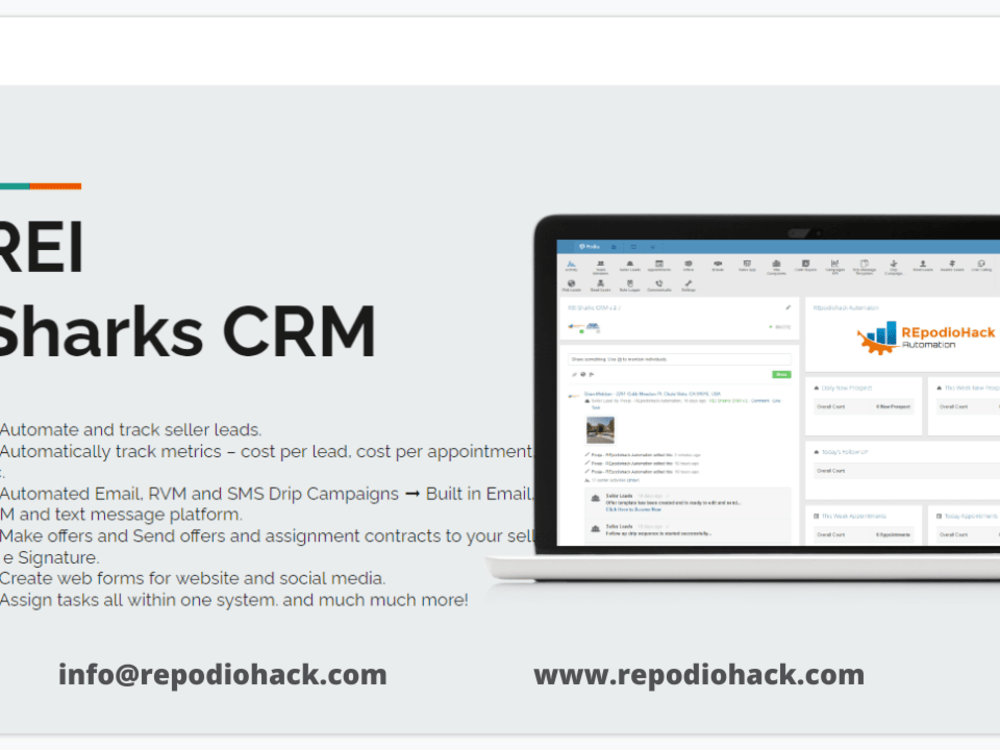The Ultimate CRM Guide for Freelancers: Choosing the Best Tools to Skyrocket Your Business

The Ultimate CRM Guide for Freelancers: Choosing the Best Tools to Skyrocket Your Business
Being a freelancer is a rollercoaster. One minute you’re basking in the glory of a completed project, the next you’re scrambling to find the next client. It’s a world of juggling multiple hats – project manager, marketer, salesperson, and, of course, the actual doer of the work. In the midst of this chaos, one tool can be your secret weapon: a Customer Relationship Management (CRM) system.
But with so many options, choosing the right CRM for a small freelancer can feel overwhelming. This comprehensive guide will break down everything you need to know, from the basics of what a CRM is to comparing the best CRM solutions tailored for freelancers. We’ll delve into features, pricing, and ease of use, helping you make an informed decision that empowers you to grow your business and reclaim your time.
What is a CRM and Why Do You Need One?
Let’s start with the fundamentals. A CRM, or Customer Relationship Management system, is essentially a centralized hub for all your client interactions and data. Think of it as your digital Rolodex, but on steroids. It goes far beyond just storing contact information; it tracks every interaction, from initial inquiry to project completion and beyond.
Here’s why a CRM is indispensable for freelancers:
- Organized Contact Management: No more scattered spreadsheets or sticky notes. A CRM keeps all your client details in one place, easily accessible and searchable.
- Improved Communication: Track email conversations, phone calls, and meeting notes, ensuring you have a complete history of your interactions.
- Streamlined Sales Process: Manage leads, track proposals, and automate follow-ups, turning prospects into paying clients more efficiently.
- Enhanced Client Relationships: By understanding your clients’ needs and preferences, you can personalize your interactions and build stronger, lasting relationships.
- Time Savings: Automation features, like email templates and task reminders, free up your time to focus on the work that matters.
- Data-Driven Decisions: Analyze your sales pipeline, identify trends, and make informed decisions to improve your business performance.
In short, a CRM is your partner in building a sustainable and successful freelance business. It helps you manage your relationships, streamline your processes, and ultimately, make more money.
Key Features to Look for in a Freelancer CRM
Not all CRMs are created equal. For freelancers, certain features are more critical than others. Here’s what you should prioritize:
- Contact Management: This is the cornerstone. Ensure the CRM allows you to store and organize contact details, including notes, communication history, and custom fields for specific client information.
- Lead Management: The ability to track leads, assign them to stages in your sales pipeline, and manage follow-up activities is crucial for converting prospects into clients.
- Email Integration: Seamless integration with your email provider (Gmail, Outlook, etc.) is essential for tracking communication and sending emails directly from the CRM.
- Task Management: Manage your to-do list, set reminders, and track deadlines to stay organized and on top of your projects.
- Reporting and Analytics: Gain insights into your sales performance, track your progress, and identify areas for improvement with built-in reporting tools.
- Automation: Look for features that automate repetitive tasks, such as sending follow-up emails, creating tasks, and updating contact information.
- Integration with Other Tools: The CRM should integrate with other tools you use, such as project management software, invoicing platforms, and payment gateways.
- Mobile Accessibility: Being able to access your CRM on the go is essential for freelancers who are constantly on the move. Look for a CRM with a mobile app or a responsive web design.
- User-Friendliness: The CRM should be easy to use and navigate, with a clean and intuitive interface. You don’t want to spend hours learning how to use the software.
Top CRM Systems for Freelancers: A Detailed Comparison
Now, let’s dive into the best CRM options for freelancers. We’ll examine their features, pricing, ease of use, and pros and cons to help you find the perfect fit.
1. HubSpot CRM
Overview: HubSpot is a well-known name in the CRM world, and for good reason. Their CRM is free to use, making it an attractive option for freelancers on a budget. It offers a comprehensive suite of features, including contact management, lead tracking, email marketing, and sales automation.
Key Features:
- Free CRM with unlimited users and contacts.
- Contact management, deal tracking, and task management.
- Email marketing and automation tools.
- Integration with other HubSpot tools (marketing, sales, and service hubs).
- Mobile app for iOS and Android.
Pros:
- Completely free to use.
- User-friendly interface.
- Comprehensive features for a free CRM.
- Excellent integration with other HubSpot tools.
Cons:
- Limited features in the free version (e.g., limited email sends).
- Can be overwhelming for beginners due to the abundance of features.
Pricing: Free for core CRM features. Paid plans offer advanced features and higher usage limits.
Who it’s best for: Freelancers who are just starting out and want a free, feature-rich CRM or those who are already using other HubSpot tools.
2. Zoho CRM
Overview: Zoho CRM is a robust and affordable CRM solution with a wide range of features, making it a popular choice for small businesses and freelancers. It offers a free plan for a limited number of users and contacts, and its paid plans are competitively priced.
Key Features:
- Contact management, lead management, and deal tracking.
- Sales automation and workflow management.
- Email integration and marketing automation.
- Reporting and analytics.
- Mobile app for iOS and Android.
- Integration with other Zoho apps (Zoho Projects, Zoho Books, etc.).
Pros:
- Affordable pricing plans.
- Feature-rich CRM with a lot of functionality.
- Good integration with other Zoho apps.
- Customization options.
Cons:
- The interface can be a bit cluttered.
- The free plan has limited features.
Pricing: Free for up to 3 users. Paid plans start at a reasonable price per user per month.
Who it’s best for: Freelancers who need a feature-rich CRM with a budget-friendly price tag and those already using other Zoho apps.
3. Pipedrive
Overview: Pipedrive is a sales-focused CRM designed to help you manage your sales pipeline and close more deals. It’s known for its intuitive interface and visual representation of the sales process, making it easy to track leads and opportunities.
Key Features:
- Visual sales pipeline management.
- Contact management and lead tracking.
- Email integration and automation.
- Deal tracking and reporting.
- Mobile app for iOS and Android.
- Customizable sales pipeline stages.
Pros:
- Intuitive and easy-to-use interface.
- Excellent for managing sales pipelines.
- Visual representation of the sales process.
- Good for sales-focused freelancers.
Cons:
- Not as feature-rich as some other CRMs.
- Can be expensive for some freelancers.
Pricing: Starts at a per-user, per-month price.
Who it’s best for: Freelancers who prioritize sales pipeline management and want a visually appealing and easy-to-use CRM.
4. Insightly
Overview: Insightly is a CRM that combines contact management, project management, and sales automation features. It’s a good option for freelancers who need a CRM that can also help them manage their projects.
Key Features:
- Contact management and lead tracking.
- Project management features.
- Sales automation and workflow management.
- Reporting and analytics.
- Mobile app for iOS and Android.
- Integration with other apps.
Pros:
- Combines CRM and project management features.
- Easy to use.
- Good for freelancers who need project management capabilities.
Cons:
- The free plan has limited features.
- Can be expensive for some freelancers.
Pricing: Offers a free plan with limited features. Paid plans are available.
Who it’s best for: Freelancers who need a CRM with project management features or those who want an all-in-one solution.
5. Freshsales
Overview: Freshsales, from Freshworks, is a sales-focused CRM designed to help you manage your sales process and close deals. It is known for its ease of use and affordability.
Key Features:
- Contact management and lead tracking.
- Sales automation and workflow management.
- Email integration and marketing automation.
- Reporting and analytics.
- Mobile app for iOS and Android.
- Built-in phone and email capabilities.
Pros:
- Easy to set up and use.
- Affordable pricing plans.
- Good for sales-focused freelancers.
- Built-in phone and email capabilities.
Cons:
- The free plan has limited features.
- Can lack some of the more advanced features of other CRMs.
Pricing: Offers a free plan. Paid plans are available.
Who it’s best for: Freelancers who want a sales-focused CRM that is easy to use and affordable, and those needing built-in phone and email features.
Making Your Choice: Factors to Consider
Choosing the right CRM is a personal decision. Here are some key factors to consider as you evaluate your options:
- Your Budget: CRM pricing varies widely. Determine how much you’re willing to spend each month and look for plans that fit your budget. Don’t forget to factor in potential costs for add-ons or integrations.
- Your Needs: What features are most important to you? Do you need robust sales automation, project management capabilities, or advanced reporting? Prioritize the features that will have the biggest impact on your business.
- Your Tech Skills: Some CRMs are more user-friendly than others. If you’re not tech-savvy, choose a CRM with a simple interface and easy-to-understand features.
- Your Business Size: If you’re a solo freelancer, a CRM with unlimited users might not be necessary. However, if you plan to grow your team, choose a CRM that can scale with your business.
- Integrations: Consider which other tools you use (e.g., project management software, invoicing platforms, email marketing tools). Choose a CRM that integrates seamlessly with these tools to streamline your workflow.
- Free Trial: Most CRM providers offer free trials. Take advantage of these trials to test out different CRMs and see which one feels like the best fit for your business.
Tips for Successful CRM Implementation
Once you’ve chosen your CRM, here are some tips to ensure a smooth implementation:
- Plan Your Implementation: Before you start, create a plan. Determine which data you’ll import, how you’ll organize your contacts, and how you’ll use the CRM to manage your workflow.
- Import Your Data: Import your existing contact data into the CRM. Ensure the data is accurate and well-organized.
- Customize the CRM: Tailor the CRM to your specific needs. Set up custom fields, create sales pipelines, and configure workflows.
- Train Yourself (and Your Team): Learn how to use the CRM and its features. If you’re working with a team, make sure everyone is trained on how to use the system.
- Use the CRM Consistently: Make the CRM an integral part of your daily workflow. Regularly update contact information, track your leads, and manage your projects within the system.
- Review and Optimize: Regularly review your CRM usage and make adjustments as needed. Identify areas where you can improve your processes and optimize your workflow.
Beyond the Basics: Advanced CRM Strategies for Freelancers
Once you’ve mastered the basics, you can leverage your CRM to take your freelance business to the next level. Here are some advanced strategies:
- Segmentation: Segment your contacts based on criteria like industry, project type, or client size. This allows you to personalize your communication and target your marketing efforts more effectively.
- Automation for Lead Nurturing: Set up automated email sequences to nurture leads and guide them through your sales funnel.
- Workflow Automation: Automate repetitive tasks, such as sending invoices, following up with clients, and creating project tasks.
- Sales Forecasting: Use your CRM to track your sales pipeline and forecast your future revenue.
- Client Portal: Some CRMs offer client portals where clients can access project updates, documents, and invoices.
- Integration with Marketing Tools: Integrate your CRM with your email marketing platform to send targeted email campaigns and track your marketing performance.
- Feedback Loops: Use your CRM to gather feedback from your clients and identify areas for improvement.
The Bottom Line: Investing in Your Success
Choosing the right CRM is an investment in your freelance business. It empowers you to manage your relationships, streamline your processes, and ultimately, achieve greater success. By taking the time to research your options, considering your needs, and implementing your chosen CRM effectively, you’ll be well on your way to building a thriving freelance career.
Remember, the best CRM is the one that works best for *you*. Take advantage of free trials, explore the features, and choose the solution that helps you work smarter, not harder. Good luck!





